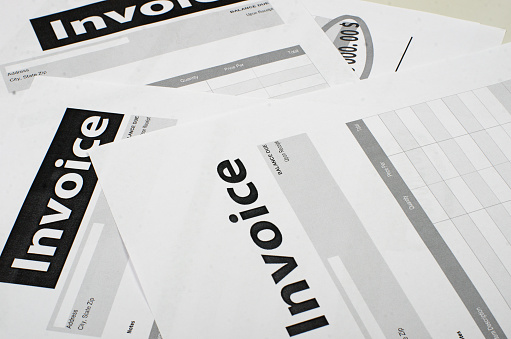Though most medical practices have accounts receivable policies, most don’t implement them efficiently, leading to outstanding dues. This obviously hurts the cash flow and hampers the growth of a practice.
Table of Contents
In this blog we look at the 4 most common challenges faced by medical practices
-
Denial of Insurance Claims
The most common reason for rise in medical accounts receivables numbers is denial of claims by insurers. Therefore the biggest challenge in managing A/Rs is having an efficient strategy for denial management.
An accounts receivables service provider understands how to tailor an A/R strategy for your business needs. Based on the strategy, they will diligently follow up on denied claims, investigate them, and note what needs to be done to get reimbursed.
-
Needless write-offs
Lower amounts that remain unpaid are often ignored by in-house billing or accounts receivables teams. As this account gets old, practices will have to write off the due. This adversely affects a practices balance sheet.
An accounts receivables services provider will follow up with patients to determine who is willing to pay. They will work out a solution with them to reduce their medical debt. They will review every single bill before they write it off, regardless of the amount. This will help prevent loss of revenue for your practice or hospital.
-
Bad Debts
Bad debts is a sad reality of medical accounts receivables. The patient’s contribution is over a fourth of the revenue in medical billing. Previously, it was only at the time of service that the patient was responsible for payments, but now, it is essential that the payment is collected from them throughout the entire revenue cycle.
The accounts receivables services team will gather all the required info about billing and insurance before the service is provided. They will calculate the expected cost patients need to pay themselves and collect it upfront. Once the coverage and insurance bills are verified, the patient understands and agrees to their responsibility.
-
Collection Culture
A/R depends a lot on collection culture. Following up on and collecting payments is not the primary work of healthcare professionals – they are concerned with providing quality care to patients. Therefore developing a collection culture can be a challenge for a practice
If you outsource collections to an accounts receivables services provider, they will have the right tools to make sure that all payments are collected in time. They have the expertise and the technology to ensure that your revenue cycle is not affected – eventually leading to better patient care and retention.
Conclusion
High percentage of accounts receivables can impact your practice in negative ways. So it is important to overcome all challenges with A/R. An experienced accounts receivables services company can keep the numbers low and ensure smooth revenue inflow.

